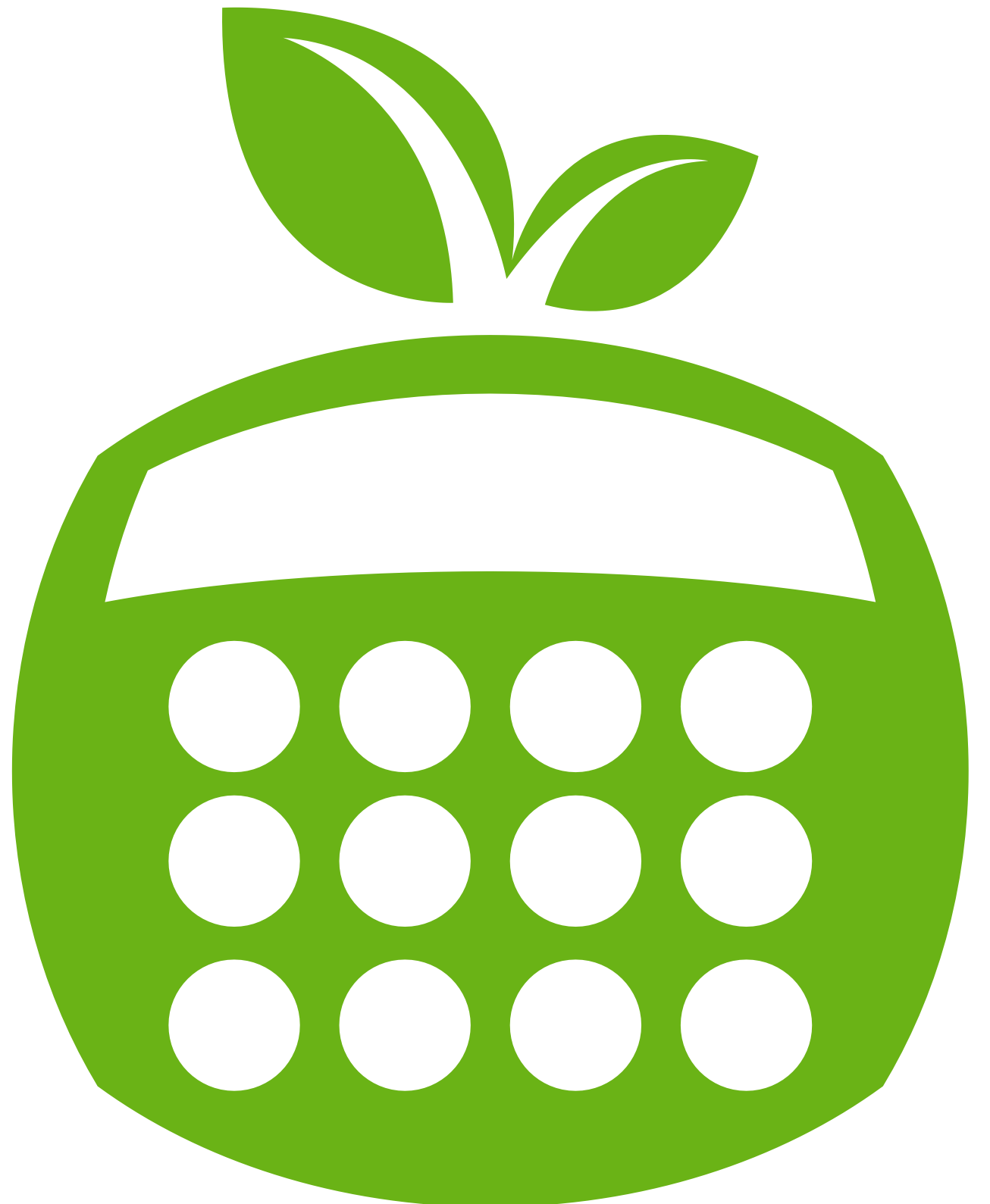Welcome to Facts Vibes! Today, we’re diving into the nutrition facts of everyone’s favorite Chinese takeout dish: orange chicken. Get ready to uncover the calorie count, protein content, and more. Let’s dish up some nutritional insight on this popular meal choice.
Understanding the Nutritional Value of Orange Chicken
Understanding the nutritional value of orange chicken is essential for making informed dietary choices. This popular dish combines crispy chicken with a tangy, sweet orange sauce, creating a flavorful meal. When considering its nutritional content, it’s important to assess both the chicken and the sauce.
Starting with the chicken, it provides a good source of protein, essential for maintaining and repairing body tissues. However, the crispy coating often means the dish is high in calories and fat.
Moving on to the orange sauce, the sugar content should be noted, as it can contribute to the overall caloric intake. Additionally, the vitamin C from the orange juice used in the sauce can offer some nutritional benefits.
Overall, while orange chicken can be a tasty and satisfying dish, its nutritional profile highlights the importance of moderation and balance within a diet. By being mindful of portion sizes and incorporating plenty of fruits and vegetables, individuals can still enjoy this dish as part of a well-rounded diet.
Most popular facts
How many calories are in a serving of orange chicken?
A serving of orange chicken typically contains around 300 to 500 calories.
What is the protein content in orange chicken?
The protein content in orange chicken varies depending on the recipe and serving size, but typically ranges from 15-20 grams per serving.
How much fat does orange chicken contain?
Orange chicken typically contains around 20-30 grams of fat per serving.
What is the carbohydrate content in orange chicken?
The carbohydrate content in orange chicken depends on the recipe and serving size, but a typical serving can contain around 30-40 grams of carbohydrates.
What vitamins and minerals does orange chicken provide?
Orange chicken provides vitamin C from the oranges and protein from the chicken.
Is orange chicken high in sodium?
Yes, orange chicken is generally high in sodium due to the use of soy sauce and other seasonings in its preparation.
What are the ingredients in orange chicken?
The ingredients in orange chicken typically include chicken, flour, cornstarch, orange juice, soy sauce, sugar, ginger, and garlic.
What is the recommended serving size for orange chicken?
The recommended serving size for orange chicken varies, but it’s generally around 4-6 ounces per person.
How does homemade orange chicken compare to restaurant versions in terms of nutrition?
Homemade orange chicken can be healthier than restaurant versions since you have control over ingredients and cooking methods. However, it ultimately depends on the specific recipe and portion sizes.
Can orange chicken be part of a healthy diet?
Yes, orange chicken can be part of a healthy diet if it’s prepared in a healthier way, such as baked instead of fried, and paired with a balanced mix of vegetables.
In conclusion, being mindful of the nutritional content of orange chicken can help individuals make informed dietary choices and maintain a balanced and healthy diet. It is important to consider portion sizes, cooking methods, and overall meal composition when incorporating orange chicken into your diet.
